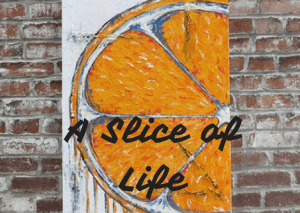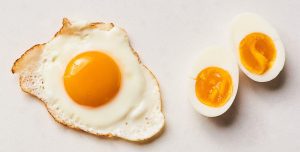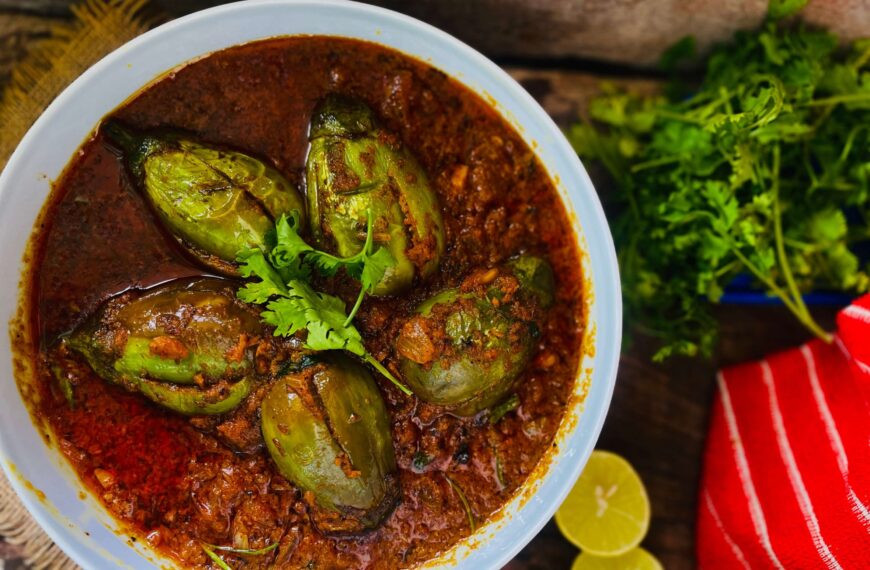Ruchira tells us about egg and it’s sociocultural ramifications. An exclusive for Different Truths.
 Eggs. You may find them on your breakfast platter each morning. Most likely you grab an egg sandwich during lunch break in office. Dinner at home, some days may include your favourite egg curry.
Eggs. You may find them on your breakfast platter each morning. Most likely you grab an egg sandwich during lunch break in office. Dinner at home, some days may include your favourite egg curry.
Available abundantly and widely in nature, highly fragile in structure, eggs in fact, have been intricately linked with human lives for thousands of years. Along with fruits and other naturally occurring plant products, eggs might have provided nourishment to the savage, primitive homo sapiens
Available abundantly and widely in nature, highly fragile in structure, eggs in fact, have been intricately linked with human lives for thousands of years. Along with fruits and other naturally occurring plant products, eggs might have provided nourishment to the savage, primitive homo sapiens, who roamed the wilderness in a hoary past. Eaten raw for ages, the taste of eggs underwent sea changes once Man discovered the positive aspects of fire and used it to cook and/or roast any edible stuff that he could lay his hands upon. No doubt the taste of food stuffs (eggs included) must have been enhanced in the process.
With the passage of centuries and along with Man’s intellectual developments, he might have gradually been able to distinguish between “good” eggs and the “bad” ones. Naturally, therefore, he began to eschew eggs of worms, insects and most reptiles, the consumption of which in sheer ignorance, must have, and no doubt caused him nausea, dysentery, poisoning, pestilence and even death at some point of time or the other. From then onwards, he is more likely to have focused on eggs of birds like duck, hen, turkey, goose, et al., which were not only nutritious and healthy but also not harmful in the least.
From then onwards, he is more likely to have focused on eggs of birds like duck, hen, turkey, goose, et al., which were not only nutritious and healthy but also not harmful in the least.
And so, as time passed, and civilisation progressed, peoples and communities

inhabiting various regions across the globe carried on numerous experiments, permutation and combination with eggs.
Don’t we all know eggs are a rich source of high quality, affordable protein besides several vitamins and minerals? .
Interestingly in India, the mainstay of edible eggs comprises those of hen, duck and quail, with a smattering of turtle’s eggs, once highly popular among Bengalis and other coastal ethnic groups. Not anymore, since turtles are now an endangered species and their hunting, prohibited. There are ample references to them in literary works of Tagore and other noted authors.
There is an amazing range of omelettes including the Spanish one that utilizes your leftover food. Then you have scrambled eggs and its desi cousin the bhurji, the latter being exceedingly rich and spicy.
Hard to imagine but the egg appears highly versatile and malleable food item, manifesting itself in a humongous variety of tasty dishes. There is a lot more to an egg than its boiled avatar and the ubiquitous egg curry. There is an amazing range of omelettes including the Spanish one that utilizes your leftover food. Then you have scrambled eggs and its desi cousin the bhurji, the latter being exceedingly rich and spicy.
Colonial and other Western influences created the Devilled and Scotched eggs, egg sandwiches & salads, croquettes and what have you! Islamic cultural yielded delectable dishes like Nargisi koftaa, mughlai and keema paratha and more…
Gateau and confectionery products are virtually unthinkable minus the egg which is great binding agent and a taste enhancer.
However, of late, there is a strong albeit subtle anti-egg campaign palpable in most parts of the country. The result is a proliferation of “egg-less” cakes cookies and biscuits.
In diverse cultures an egg is considered the source of new life. It is also believed that our universe sprang out of an egg. No wonder the Sanskrit term for the universe is Brahmanda, egg of Brahma, the creator!
Their culinary value notwithstanding, eggs enjoy a good deal of socio-cultural significance as well. In diverse cultures an egg is considered the source of new life. It is also believed that our universe sprang out of an egg. No wonder the Sanskrit term for the universe is Brahmanda, egg of Brahma, the creator!
Likewise, ancient Egyptians too regarded eggs as the origin of the world. Ancient Greeks and Romans are known to have celebrated the spring equinox every year by hanging up coloured eggs besides using them as gifts. In this context, eggs symbolised a new beginning, renewed hopes and aspirations. Centuries later, Christians adopted the egg as a symbol of fertility, resurrection, and eternal life.
Photo from the Internet







 By
By

 By
By